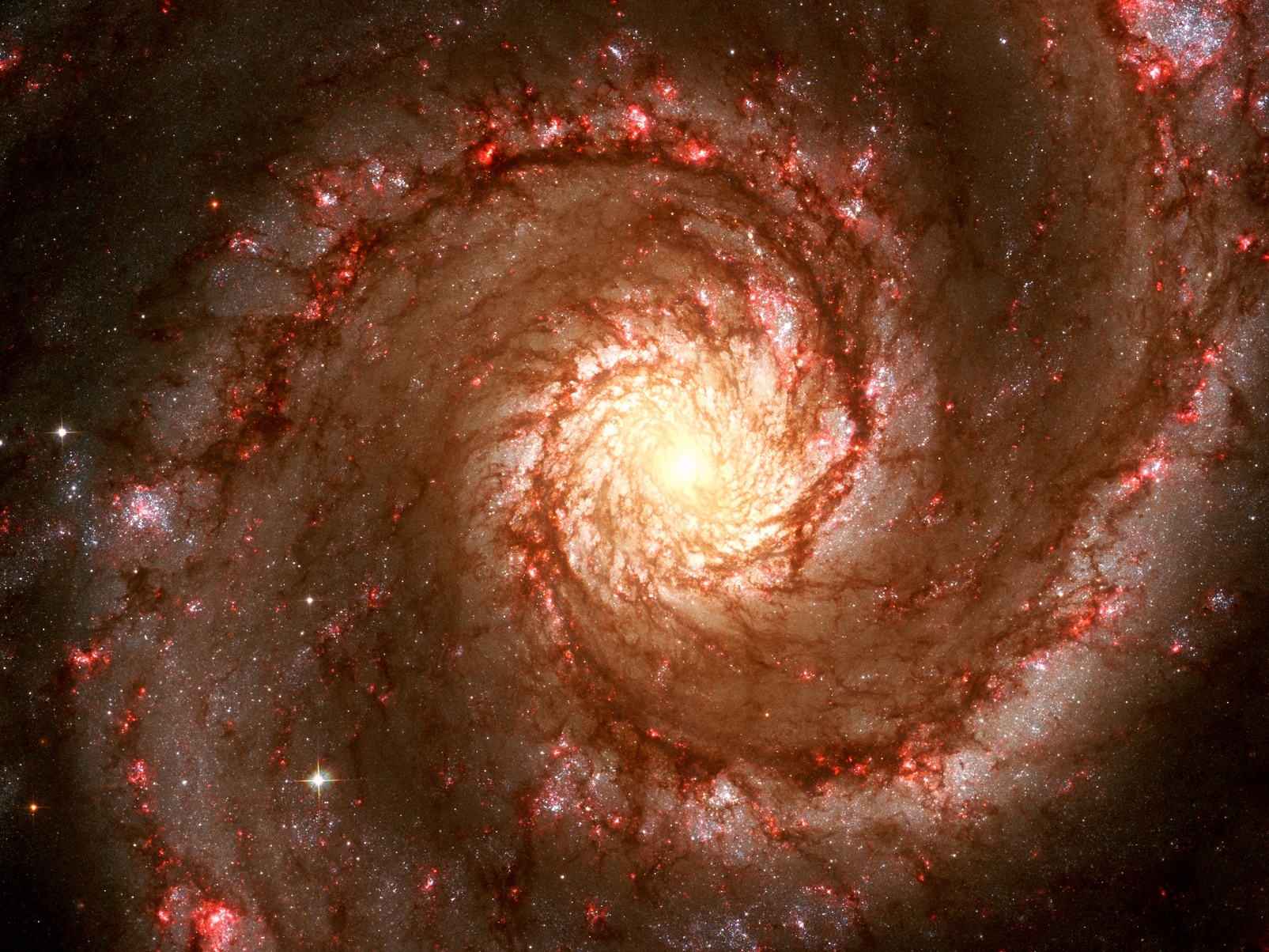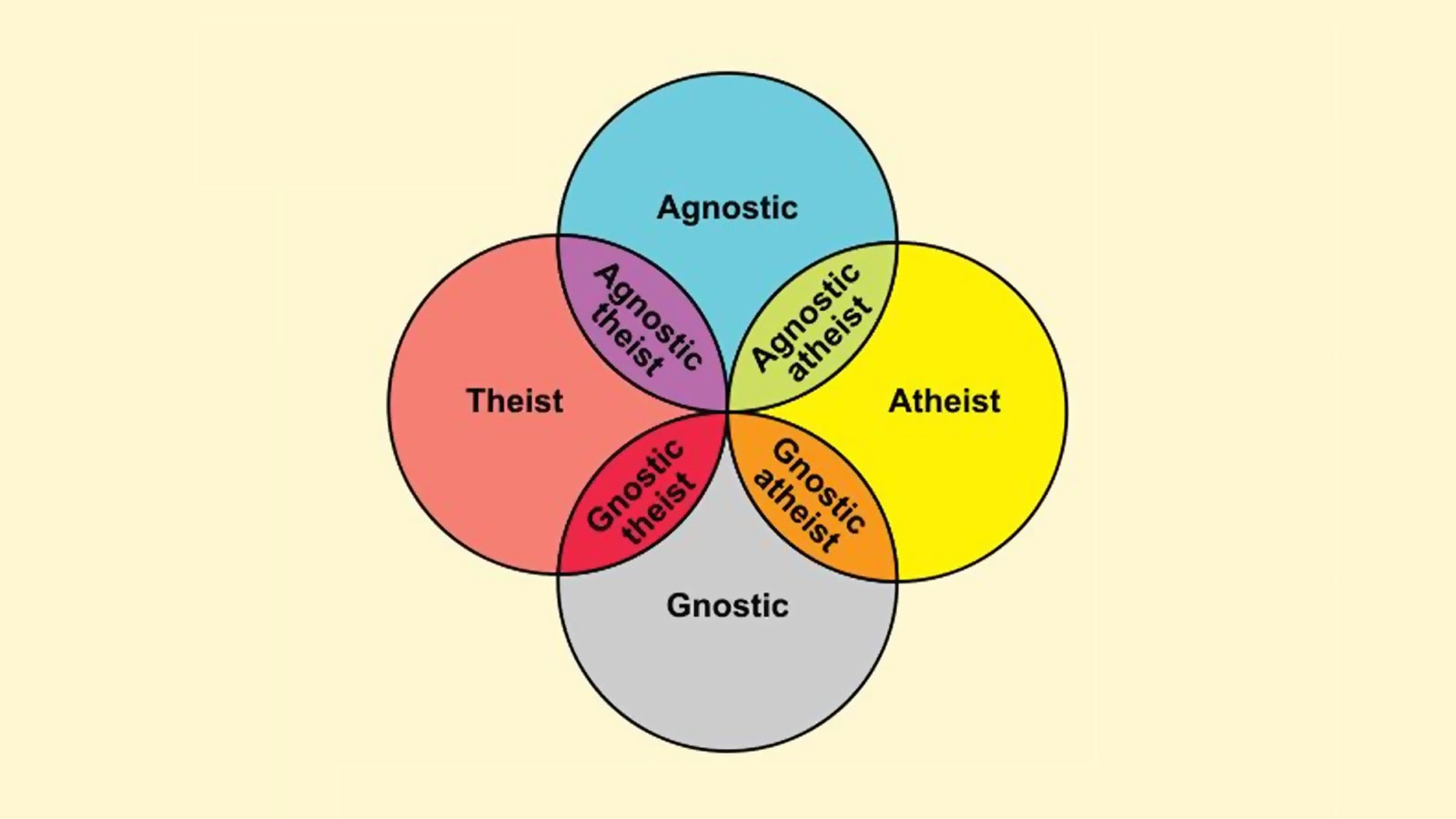agnosticism
-
Do you consider yourself an agnostic, freethinker, or atheist?
Do you consider yourself an agnostic, freethinker, or atheist? If so, please let me know. And if don’t want to out yourself to your friends and family, then feel free to send me a private message.
-

Agnostic Atheism
Having personally gone through theism and agnosticism, I fully understand why people would want to call themselves agnostic atheists.
-

Why I Am Atheist
I’m not an atheist because I have yet to see evidence that God exists; I’m an atheist because I understand the biological explanation for it.
-

You Are Not Agnostic
This is an old paper I wrote for a religion class, and I’m only leaving it here for posterity. I may replace it with a more concise version (because this one is too academic) once I feel the motivation. This version does not fully represent what I believe now. Agnosticism is the belief that it…